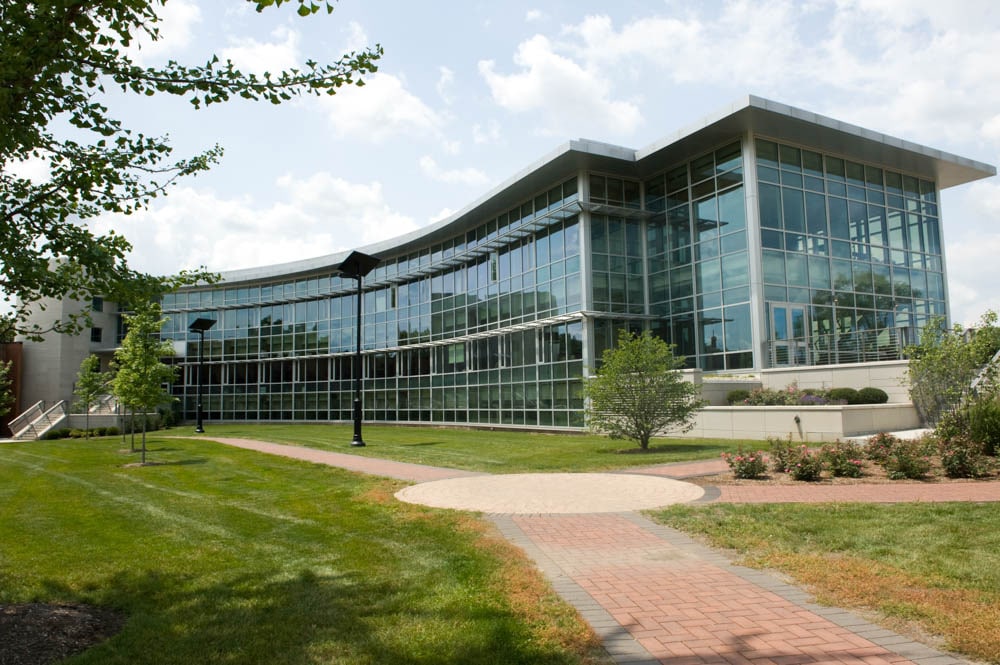The world is embracing a tech revolution, and computer science is leading the way. In Latin America, Mexico has taken the lead as the region’s largest tech talent hub, with over 300,000 specialists driving innovation. The country’s e-commerce, fintech, and IT sectors are experiencing rapid transformation, with a projected 23% job market transformation by 2027 and annual tech sector growth rates of 5% to 7%.
Over in Asia, Vietnam’s young, tech-savvy population and government are committed to digitalisation. Its tech market is projected to hit US$1,218.0 million by 2025 with a steady annual growth rate of 3.49%.
Meanwhile, Kenya has established itself as East Africa’s technology and innovation leader. With advanced mobile financial services and ICT infrastructure, the country’s ICT sector has grown by 10.8% annually over the past decade. By 2025, the digital economy is expected to contribute up to 9.24% of Kenya’s GDP, further solidified by investments from tech giants like Amazon Web Services.
Ghana and Uzbekistan are experiencing a similar trajectory, with their computing markets expected to grow and reach US$523.5 million and US$302.7 million by 2025 respectively.
The message is clear: the future is bright for computer science graduates. For those looking to stay ahead in these dynamic and rapidly evolving markets, an MS in Computer Science degree provides the tools and knowledge needed to thrive.

Computer science is interrelated to disciplines such as computer engineering, information systems, information technology, and software engineering. Source: AFP
What is an MS in Computer Science degree?
An MS in Computer Science is one of the most sought-after computer science degrees worldwide. With diverse specialisations in cybersecurity, artificial intelligence, software engineering, and data science, this degree offers advanced knowledge and skills for those eager to drive innovation in computer-based systems.
At its core, an MS in Computer Science equips students with the technical expertise and critical thinking skills needed to tackle the complex challenges of modern technology. Most programmes focus on cutting-edge areas such as computational theory, systems and network theory, machine learning, and pattern recognition. Many also explore the business and historical context of computer science, allowing students to understand the broader implications of technological advancements.

Computer science degrees set you up for many roles, including software developer, UX designer, and information security analyst. Source: AFP
Why you should join an MS in Computer Science program
-
Higher salaries
An MS in Computer Science can help you unlock higher earning potential in one of today’s most exciting fields. For example, professionals in Ghana earn US$6,057 annually, while those in Kenya make around US$22,005. In Mexico, the figure reaches US$28,611 per year, and in Vietnam, it’s US$13,337. Meanwhile, in Uzbekistan, the annual salary for computer science graduates is US$2,018.
-
Competitive advantage
It’s true that a bachelor’s degree and some internship experience can help you land a job in computer science, but those roles tend to be entry-level, with limited earning potential and career growth. To take your career to the next level and unlock senior positions, you’ll need more than just basic qualifications.
However, while hands-on experience is invaluable, it takes time to accumulate. An MS in Computer Science, particularly one from a university that focuses on hands-on, experiential learning, provides a shortcut to success. They usually have partnerships with industry, making it easier for you to network and even work with start-ups and companies for a short stint. These experiences can help you land leadership roles and give you the expertise and credentials needed to oversee teams and projects.
Ready to get a Masters in CS in the USA?
The US is a leading destination for international students looking to further their education in Computer Science. With a wide variety of programs and specializations, you can find a degree that aligns with both your career ambitions and your budget. Along with world-class education, you’ll gain access to internships and computer science scholarships for international students to make the most of your academic journey.
What’s even better is that if an on-campus programme isn’t an option for you, you can opt for an online MS in Computer Science from Lewis University. The MS, also available in person, has several concentrations, including software engineering, cybersecurity, and artificial intelligence, with the added flexibility of a non-declared concentration, allowing you to design your own specialised path.
At Lewis, small class sizes make a big difference. You receive personalized attention from faculty members who are both experts and active professionals in the tech industry. The curriculum strikes a balance between theory and practical know-how forged through time in software engineering, security, and networking labs that are fitted with the latest versions of commercial and open-source software.
And don’t forget the amazing opportunities outside the classroom. Lewis has strong connections with companies and organizations in the tech world, offering internships and co-op programs with major employers like Argonne National Laboratory. These real-world experiences will give you the competitive edge you need to stand out in the job market.
Follow Lewis University on Facebook, X, Instagram, and YouTube to learn more.













